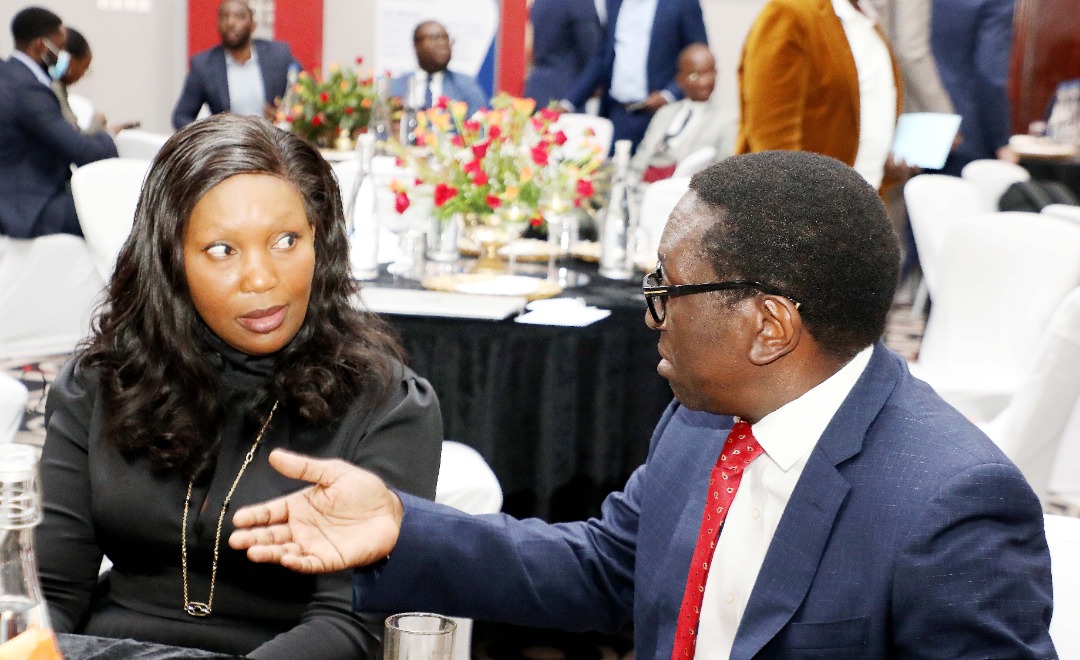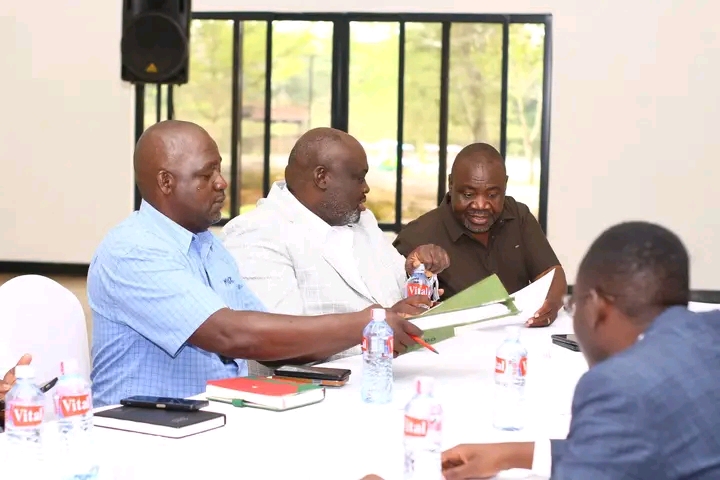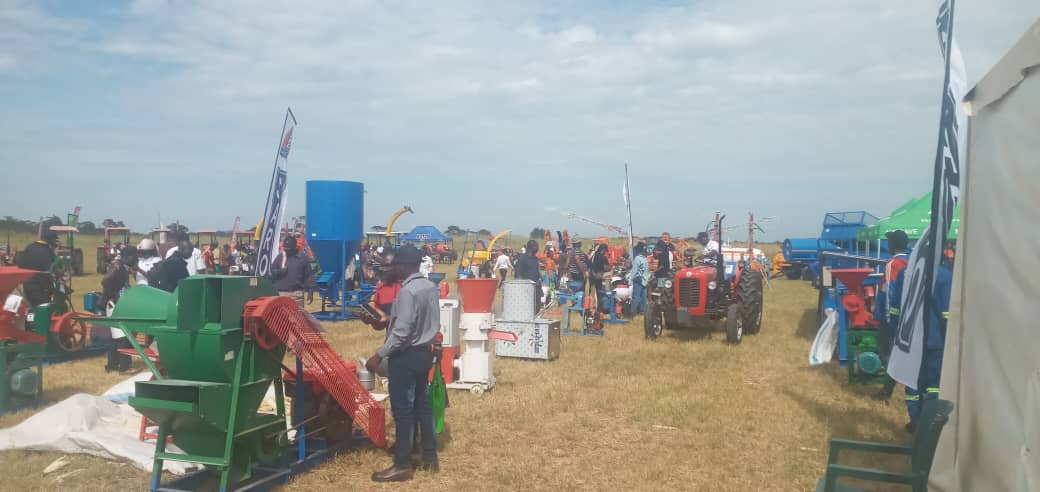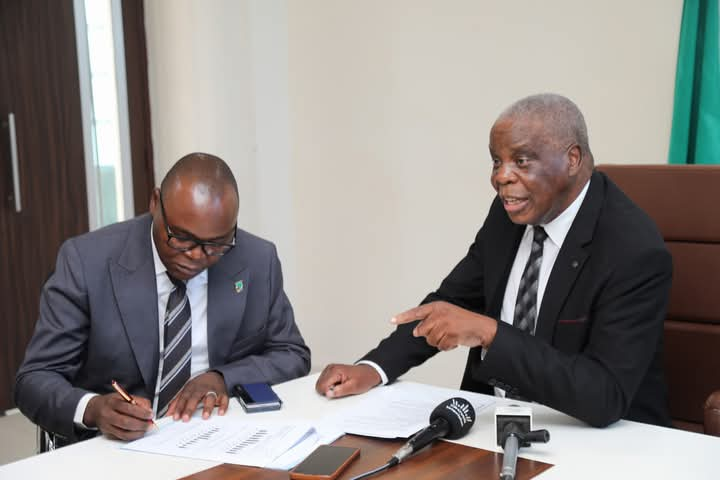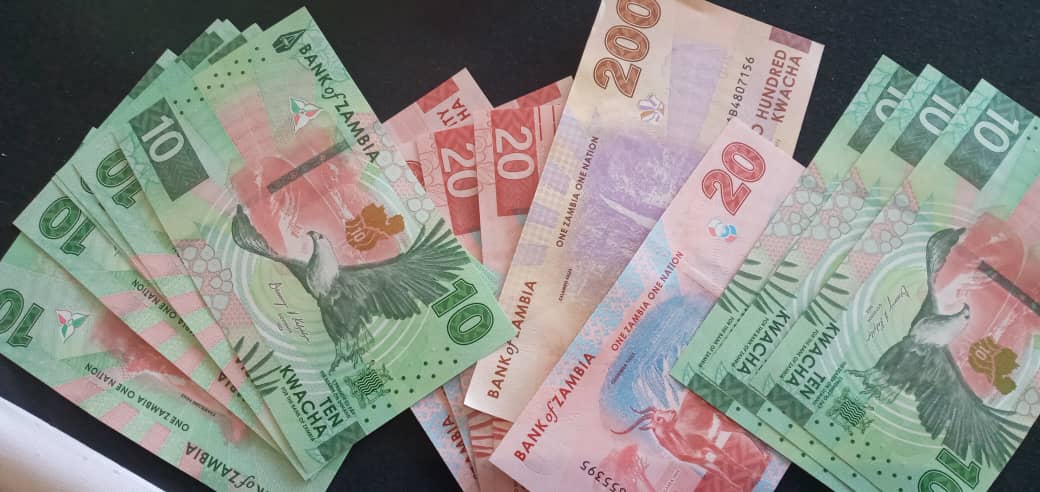By John Chola
The Zambian government has with support from the World Bank (WB) finally unveiled a US$26.5 million for the private sector to access under the Electricity Services Access Project (Esap) Off-Grid Loan Facility.
Minister of Energy Peter Kapala said during the unveiling of the facility that the U$26.5 million loan financing agreement was signed between government and the International Development Association (IDA) of the World Bank in 2018.
Kapala noted that government had identified lack of private-sector participation in resolving the energy crisis in Zambia as a major impediment to its efforts.
He said in order to address the electricity challenge, the Rural Electrification Authority (REA), in collaboration with the Development Bank of Zambia (DBZ) and the Zambia National Commercial Bank (Zanaco), had developed the Off-Grid Loan Facility program.
“This program is aimed at supporting private sector-led electrification of rural communities through rural electrification mini-grids and stand-alone solar systems which will provide the necessary financing for private sector entities to implement rural energy access initiatives. This is a significant step towards addressing one of the key barriers to increasing access to electricity in rural areas,” Kapala explained.
Kapala bemoaned in the past obtaining financing for electricity projects has been a challenge, especially on the local financial market.
This credit facility, Kapala stated, offers access to essential financing and will transform the off grid electricity space.
He urged the private sector to utilize the credit facility, which had been set up to address the challenge of access to financing in the electricity sector.
In the initial phase, about US$2.5 million has been dedicated to the facility under the DBZ Zanaco collaboration.
He hoped that through this facility, private sector participation in the off grid space will be unlocked for provision of sustainable electricity services for improved livelihoods.
The facility is being led and implemented by REA with DBZ as the apex lender financial intermediary and Zanaco, as a participating bank.
Zanaco will be the interface with the private sector to increase electricity access in rural areas in Zambia.
Zanaco Chief Executive Officer, Mukwandi Chibesakunda noted that with access to electricity in rural areas being currently only 8.1 percent, this had potential to undermine economic growth there.
“Therefore, this launch of the Electricity Services Access Project (ESAP) will assist in unlocking opportunities for our communities. We, at Zanaco, are honoured that through this off-grid loan facility, we will, together with our partners, support private sector-led electrification financing of renewable energy mini-grids as well as stand-alone solar systems. As Zanaco, we are committed to supporting the government of Zambia’s target to electrify 1, 217 rural growth centres by 2030,” Chibesakunda said.
She stipulated that in order to access the financing, businesses will have to be a current participant in solar system importation, wholesale, distribution and retail, including solar home systems and pico-solar products, as well as productive use equipment associated with /using power from these systems.
“Businesses also have to be an end user of solar equipment for productive use, be an integrated pay-as-you-go solutions provider, or be a mini-grid developer,” added Chibesakunda.
Meanwhile, DBZ Acting Managing Director Maybin Muyawala said the ESAP facility was one of the many innovations the Bank had embarked on to develop and provide financial solutions to social, economic and environmental problems.
“The overall objective of the project is to increase electricity access in targeted rural areas in Zambia. The role of the Bank will be to manage a US$ 2.5 million line of credit for off-grid renewable energy projects to private sector which will be accessed through ZANACO. This country is active with business opportunities in the renewable energy sub-sector hence, there is need to unlock further investment in the renewable energy sector and we have the duty to ensure that this pilot project is a success,” said Muyawala.
Muyawala committed the DBZ to providing additional support to both the private and public sector entities to enhance access to financing in form of Loans, Equity and Guarantees emphasising that this combination of financing solutions was what the private sector needed to become competitive and successful in the market.
Muyawala said the Bank, working with its various partners, would continue to prioritize investment projects aimed at transforming energy generation and increasing access to renewable energy sources, expanding sustainable climate-smart agriculture, scaling-up finance for forest protection, and building resilience to climate change, among others. This prioritization, Muyawala said, is informed by the desire to significantly contribute towards Low-Carbon and Climate-Resilient growth and development in Zambia.




